
GUNMEN IN A FOREST
In Lilu, a quiet agrarian town in Anambra, the rhythm of daily life once revolved around farming, markets, and family gatherings. Today, it is a place where silence often carries the echo of gunshots, and families burying their dead must first pay levies to the same gunmen accused of killing them.
Community leaders from Lilu and Agwa, a town in neighbouring Imo State, say this grim reality has persisted for years. They shared their stories on Thursday at the relaunch of Amnesty International’s report on extrajudicial killings in the South-East, held in Ikeja, Lagos.
Dr. Dominic Okoli, the Palace Secretary of Lilu, spoke virtually, but his words brought the weight of a community in mourning. Between 2020 and 2025, he said, no fewer than 25 residents were killed. More than 30 homes, both public and private, were burnt or looted. Schools have been shut since 2020, and health facilities have been wiped out. Children roam idle. The forests that once sustained farming families have become havens for armed groups.
“We don’t even have the dignity of mourning our dead,” Okoli said. “Before a burial can happen, families must obtain permission from these gunmen by paying money. Funerals themselves are banned. Our land has become what we call the ‘Sambisa of the South-East.’”
The label Is telling. Sambisa, a forest in Borno State, became synonymous with Boko Haram’s insurgency. For Lilu, the comparison is a painful reminder of how insecurity has taken root far from the North-East, reshaping lives in places where government presence is faint and intervention sporadic.
The story Is no different in Agwa, a community in Oguta Local Government Area of Imo State. Nduka Ozor, one of its leaders, described the siege his people have lived under. He said residents were forced to pay levies of up to N500,000 before burying loved ones.
His testimony carried personal grief. Among the victims, he said, were his own brother, the traditional ruler of the community, and a pregnant woman. “These are not faceless men,” he stressed. “They are boys we grew up with, walking openly, without masks. They kill without reason, destroy properties worth billions, and then return to collect taxes from us.”
According to Ozor, more than 60 people have been brutally murdered in Agwa, leaving behind widows, orphans, and a community struggling to understand why the killings happened in the first place. “There is no explanation, no accountability,” he said, his voice breaking.
Both men acknowledged that interventions from security agencies, clergy, and community leaders have calmed the violence somewhat, but the scars remain raw. For many families, the memories of loved ones lost and the indignity of being extorted to bury them cannot be erased.
Amnesty International’s Country Director, Isa Sanusi, called for urgent government action. “The number of unlawful killings in the South-East cannot even be quantified,” he said. “The Nigerian authorities must uphold their constitutional and international obligations by protecting the rights to life, liberty, and security. Without prompt, independent, and transparent investigations, these abuses will only continue.”
Meanwhile, the violence has not stopped. In July and August alone, at least 12 people were killed when gunmen attacked five Imo communities. In another chilling case in Amansea, Awka North, three siblings were abducted. The young boy was killed after refusing an order from his captors to assault his sisters.
For families in the South-East, these are not just headlines. They are lived tragedies, rituals of grief compounded by extortion, childhoods interrupted by violence, and communities living under the shadow of fear.
Insecurity in the South-East is no longer about sporadic clashes. It is about everyday survival, about mothers negotiating with gunmen to bury sons, about schools that once echoed with children’s voices now overrun by weeds. It is about a region where people whisper the comparison with Sambisa and know, painfully, that it fits. (BusinessDay)
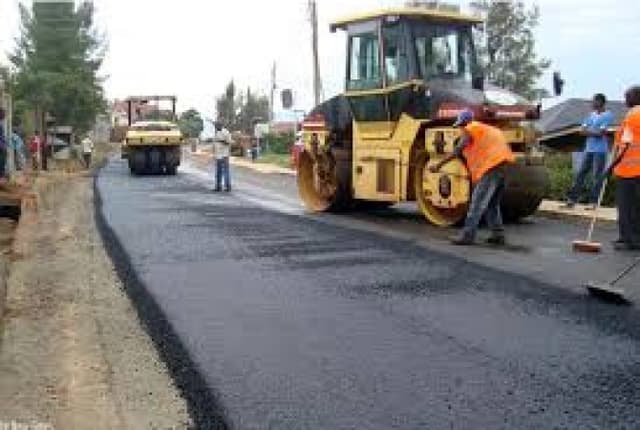
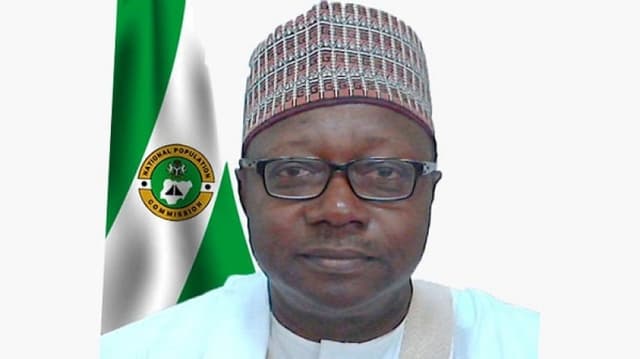



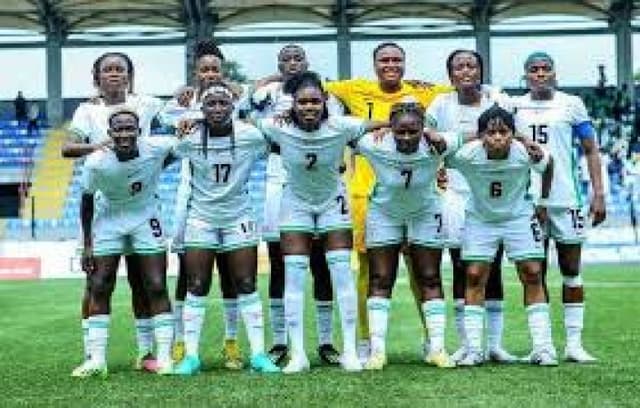
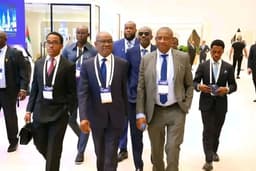








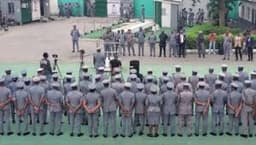

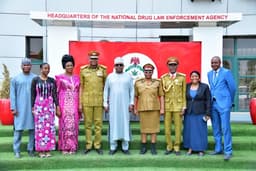




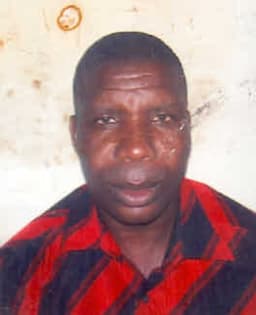


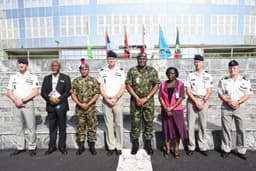

NEWS EXPRESS is Nigeria’s leading online newspaper. Published by Africa’s international award-winning journalist, Mr. Isaac Umunna, NEWS EXPRESS is Nigeria’s first truly professional online daily newspaper. It is published from Lagos, Nigeria’s economic and media hub, and has a provision for occasional special print editions. Thanks to our vast network of sources and dedicated team of professional journalists and contributors spread across Nigeria and overseas, NEWS EXPRESS has become synonymous with newsbreaks and exclusive stories from around the world.